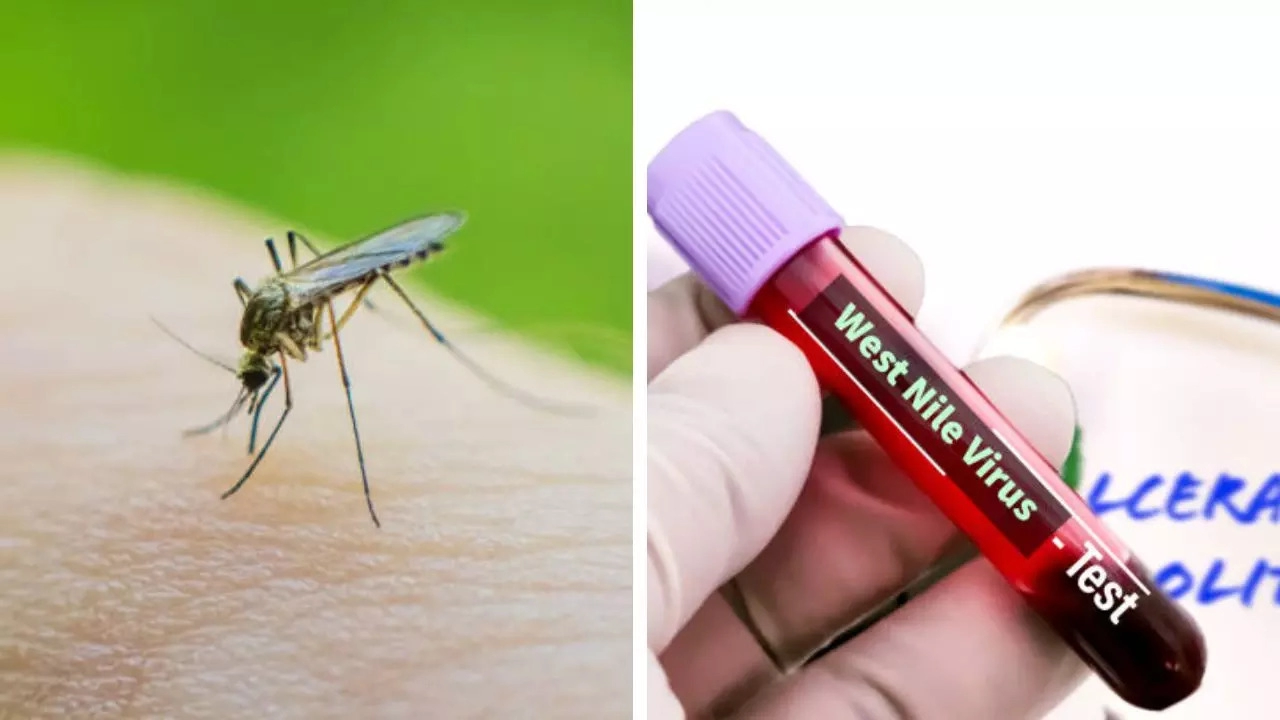Ashima Sharda Mahindra • 31 Aug 2024
2 More Deaths Reported Due To West Nile Virus in New Jersey; How To Protect Yourself From The Infection

At least 33 states have reported nearly 290 cases of West Nile virus since May this year
Two people in New Jersey have died from West Nile virus, officials said, taking the number of reported fatalities from the deadly condition in the US to five. According to health officials, the deaths of a 50-year-old and another elderly person were among six new cases that have been tallied by the New Jersey Health Department.
Another person in Wisconsin has been hospitalized because of the mosquito-borne illness. In Lake County, Illinois, three people tested positive for the virus over the past seven days.
"The best way to prevent these diseases is to avoid mosquito bites by using insect repellent, protective clothing or gear, and avoiding peak mosquito hours,” New Jersey Health Commissioner Dr. Kaitlan Baston told reporters.
At least 33 states have reported nearly 290 cases of West Nile virus – spread through the bite of an infected mosquito - since the first case was reported in May this year, according to the Centers for Disease Control and Prevention. The cases occur during the vector season, which starts in the summer and continues through fall, the CDC said.
What is West Nile virus?
West Nile is an arbovirus - a virus you get from an arthropod which is a large group that includes insects. It is an RNA virus in the genus Flavivirus which also causes dengue fever, yellow fever, and Zika.
West Nile is named after the West Nile district of Uganda, where it was first identified. According to experts, most people who get infected do not have symptoms. But around one in five do have flu-like symptoms. Rarely, does the virus infect your nervous system and cause serious brain or spinal cord inflammation, leading to encephalitis or meningitis.
According to experts, the virus multiplies inside the mosquito, and is transmitted through the mosquito bite. The incubation period - how long before you have symptoms - is usually two to six days after getting bitten. In a very few cases, West Nile virus has spread:
- From a pregnant person to their fetus
- Through human milk
- Through a blood transfusion
- Through an organ transplant.
Signs and symptoms
A few common symptoms of West Nile virus include:
- High fever
- Severe and intense headaches
- Muscle aches
- Nausea and vomiting
- Diarrhoea
- Body rashes
- Swollen lymph nodes
- Sore throat
- Pain behind your eyes
- Stiff neck
- Confusion
- Muscle weakness
- Muscle movements you cannot control, including tremors and convulsions
- Seizures
- Paralysis
- Coma
How to protect yourself?
Doctors say the best way to reduce your risk is to protect yourself from mosquito bites. Ways to do this include:
- Stay indoors when mosquitos are most active, especially early in the morning and around sunset
- Spray insect repellent on exposed skin or clothes before going outdoors.
- Wear lightweight clothes like long pants or a long-sleeved shirt to cover more of your body when you are outdoors
- Regularly empty and clean any areas that may collect water like birdbaths, or clogged rain gutters
- Keep doors and windows screened or closed
- Sleep with the windows closed where possible
Get Latest News Live on Times Now along with Breaking News and Top Headlines from Health and around the world.